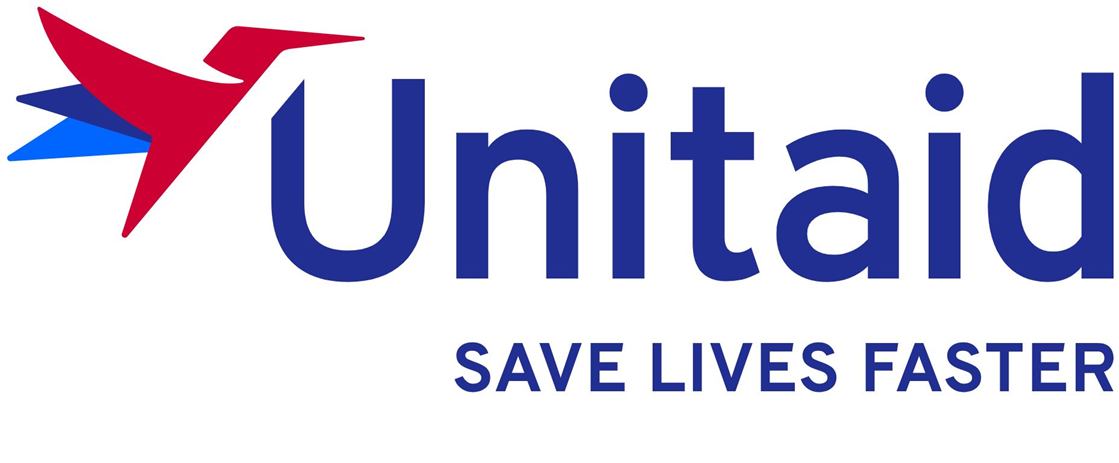ABSTRACT
BACKGROUND: Evidence of the effectiveness of the WHO-recommended design of longer individualized regimens for multidrug- or rifampicin-resistant TB (MDR/RR-TB) is limited.
OBJECTIVES: To report end-of-treatment outcomes for MDR/RR-TB patients from a 2015–2018 multi-country cohort that received a regimen consistent with current 2022 WHO updated recommendations and describe the complexities of comparing regimens.
METHODS: We analyzed a subset of participants from the endTB Observational Study who initiated a longer MDR/RR-TB regimen that was consistent with subsequent 2022 WHO guidance on regimen design for longer treatments. We excluded individuals who received an injectable agent or who received fewer than four likely effective drugs.
RESULTS: Of the 759 participants analyzed, 607 (80.0%, 95% CI 77.0–82.7) experienced successful end-of-treatment outcomes. The frequency of success was high across groups, whether stratified on number of Group A drugs or fluoroquinolone resistance, and ranged from 72.1% to 90.0%. Regimens were highly variable regarding composition and the duration of individual drugs.
CONCLUSIONS: Longer, all-oral, individualized regimens that were consistent with 2022 WHO guidance on regimen design had high frequencies of treatment success. Heterogeneous regimen compositions and drug durations precluded meaningful comparisons. Future research should examine which combinations of drugs maximize safety/tolerability and effectiveness.
Access the full article here:
Resource type
Topics




